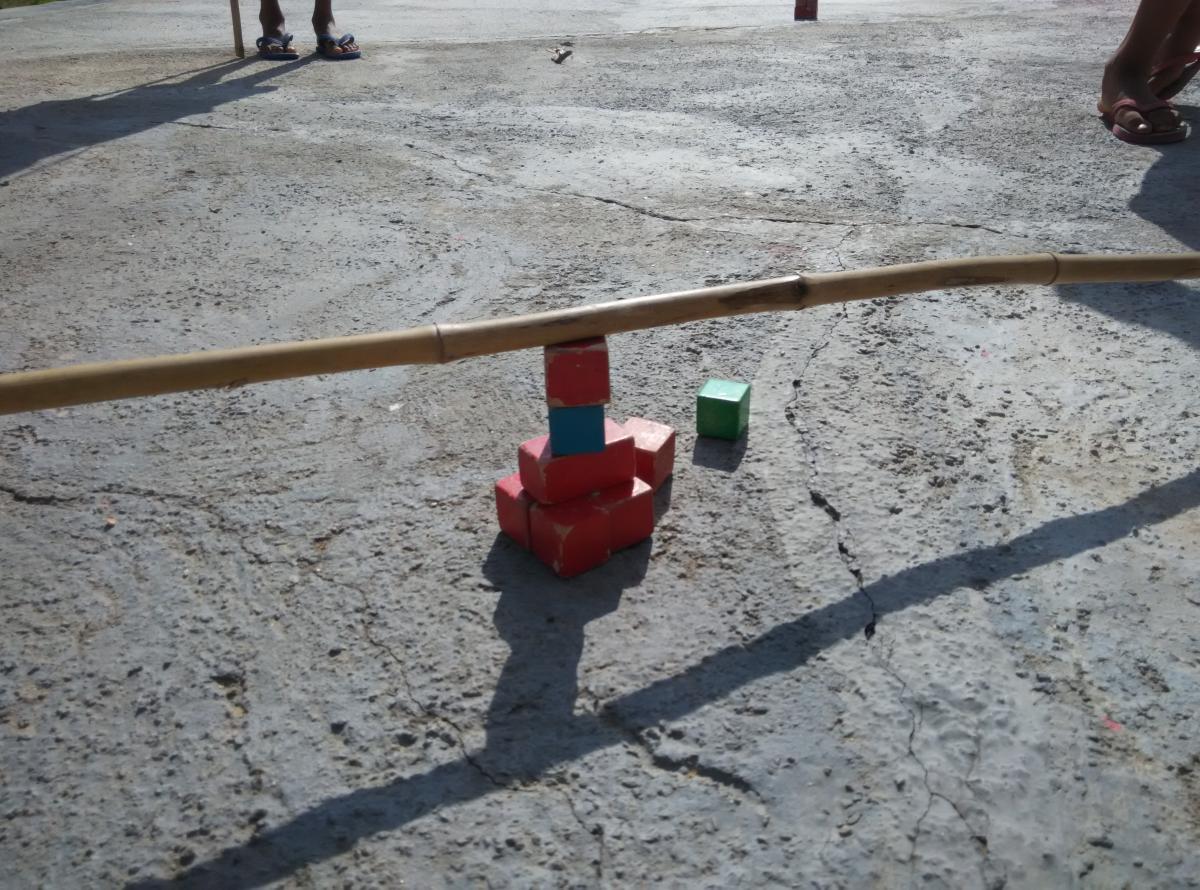Is parenting about solving children’s problems in the name of support or is it about letting children bask in the glory of their own solutions? Questioning children can help them to peel layers and see inside.

Dear parents,
The following article is based on a real conversation. Do see if it rings some bells for you?
How to discover True Potential?
She said, “My six year old is quite shy. Even if another child is hurting him – he won’t say anything? Yesterday in school somebody ate his snacks -and he came back home hungry. What do I do?”
I replied (familiar with this most oft quoted issue), “Ask him questions”
“Questions!” retorted mother visibly dismayed, “What kind of questions?”
For example, I said, “I may ask him after he came home hungry, What did you learn from this experience?”
Now she was definitely confused, “What do you think he will answer?”
“I don’t know, and to me it doesn’t matter what he answers. But what matters, is that I have made him think?” I said.
“But just by thinking will it solve his problem?“
“Not in one day, not in one instance – but if we keep asking him meaningful questions, surely he will develop his own way, his own style – of being confident, assertive and self-reliant individual. Isn’t that discovering child own true potential?“
Mother was quite for a long time, then said “Is a six year old capable of….”
I cut her off, “Even a two year old is capable, provided we are ready to give him time, provided we continuously give them opportunities, to try, to make mistake, to fail, to succeed, and to try again and so on”. Provided we are with the child, in his trials and tribulations, in his efforts, howsoever wrong or insignificant these look to us”
Still full of doubt, she murmured, “Will this work?”
“What are the options?” I asked. “Did you try telling, teaching, preaching him? Did that work? What questions do is that they force the child to think – the only way in which we learn. Once we get the process going – then there is no limit to learning.”
“More importantly the child learns how to learn – he then relies on his own intelligence, resourcefulness and ingenuity to pave his own path through the thicket of problems and conflicts and dilemmas that life anyway has to offer- now and in future.”
“While I get your idea, I am still wondering about the age factor”, the mother persisted.
Then you must visit our center – where whether its a five yearold or an eight year old even an adult learning about the ways of a child – each is forced to think their own way – and each of them basks in the glory of their own solutions, whether they are trying to learn social skills or language or math or emotional skills.

“Give me more examples of questions that one could ask,” now the mother was excited.
”Why eight laws‘?” was her immediate puzzled response.
“Because when you put them all together and get them to work in unison with each other – then in some ways you are guaranteed a successful child and downstream parenting”
“Downstream parenting – that’s a new term?”
“Most of us at some time or the other are struggling, simply because we are trying to change the child – that’s swimming against the flow – but once we align our efforts to a child’s natural way of working and growing its much less effort.“
”Okay”, said the mother, “but you also promised me some more examples of questions?”
Yes, here are some of the learning questions we constantly ask:
1. What do you feel are your greatest attributes/ strengths?
2. What do you think we should do?
3. In what ways could I be most helpful to you right now?
4. How do you think you’ll feel if you do that?
5. What will likely happen if you do that? Are those the results you want most?
6. How do you think so-end-so will feel if you do that?
7. In What other ways could we solve this problem?
8. What do you need to do to get where you would like to be?
9. How can you do this better? Why would you like to do this better? Why was doing this work excellently so important to you?
10. What do you like in your friends? Would you like to have all those positive qualities in you? How will you develop them?
11. In what ways will you like to be different to your father/ mother? In what ways similar?
12. How can you achieve something today that you will be proud of? What will that be? What did you achieve today that you are proud of?
AND WHAT DO YOU THINK WILL HAPPEN THEN?

By Ratnesh & Aditi Mathur